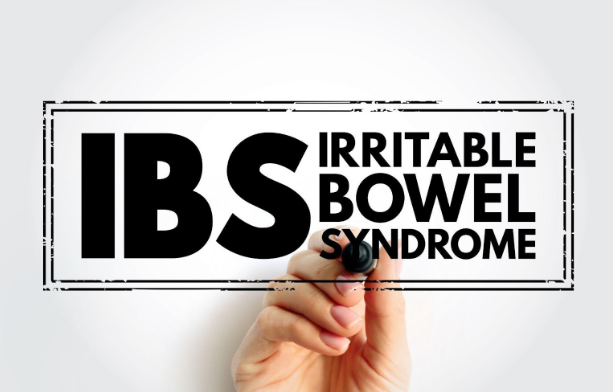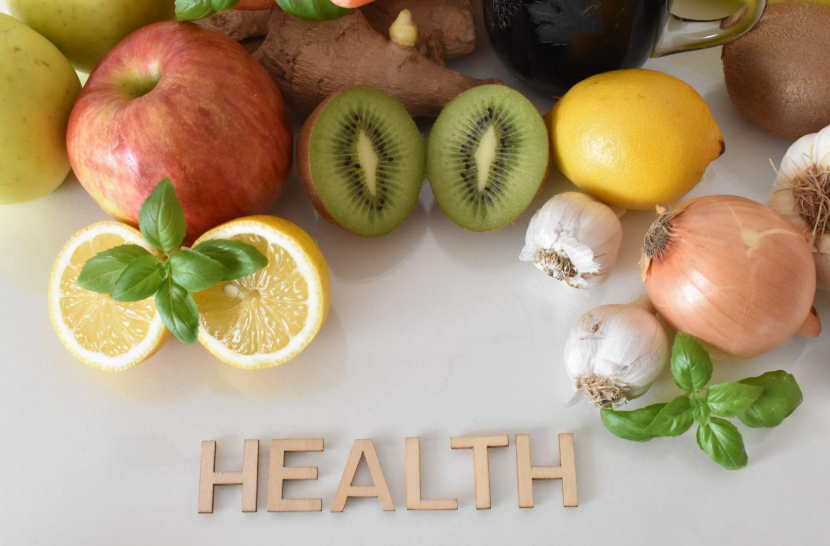10 Tips for Managing Celiac Disease and Living Your Best Life

The University of Chicago’s Celiac Disease Centre estimates that the illness affects 1% of the nation’s population, which is around 3 million Americans. A whopping 97% of them are undiagnosed. Celiac disease is a genetic autoimmune disorder that affects the digestive process of the small intestine.
By 2025, the gluten-free food industry in the US is expected to grow to an $8.3 Billion industry. This rise in demand for gluten-free products is triggered by intolerance for gluten, a protein commonly found in foods like wheat, rye, barley, and some oats.
In people with celiac, this is caused due to the immune system's response to the presence of gluten, which triggers inflammation of the intestinal walls. This then has a domino effect on other functions.
For instance, it can lead to the malabsorption of essential nutrients needed by the body required for daily sustenance. Other repercussions include diarrhea, gas, fatigue, anemia, and osteoporosis, as the body's basic nutrition needs are not being met.
Not a Food Allergy
Celiac disease is not considered a food allergy because it does not manifest as the typical symptoms caused by allergies, including rashes, hives, breathing difficulties, and anaphylaxis. Instead, it's an auto-immune disease triggered by the ingestion of gluten.
Physical symptoms can include intestinal issues like bloating, gas, diarrhea and constipation, abdominal pain, nausea, bone pain, muscle cramps, and mouth ulcers.
Malabsorption of nutrients can lead to anemia and Vitamin A, D, E, or K deficiency. Fluctuation of weight and fatigue are also additional symptoms to watch out for. Other long-term effects include infertility and irregular menstrual cycles.
If you experience such symptoms, it's best to approach a doctor rather than make any diet changes yourself. You will be required to give a blood sample. Based on the diagnosis and medical advice, you can make the necessary lifestyle changes.
Saying No to Gluten
The main way to stay healthy and free from celiac disease is to have a gluten-free diet. It means avoiding grains that contain gluten and the entire range of products that use these grains as a base—like beer, cookies, cakes, cereals, pasta, cake icing, and bread.
The second aspect to remember is that many non-gluten products might be processed in factories or even equipment at home that is also used with ingredients with gluten.
This means that those intolerant to gluten need to be extra careful when planning their diets. This comes with its challenges because ingredients like wheat are the building blocks of traditional food. However, with planning and creativity, one can have a rich gluten-free lifestyle that gets easy to manage with time.
Here are 10 ways to manage celiac disease and build a healthy lifestyle for decades to come.
1. Work with a Savvy Nutritionist
A sustainable gluten-free diet is the most effective way to stay free from celiac disease. However, the challenge is to build a diet strategically based on your lifestyle needs, preferences, and budget. Working with a professional nutritionist for at least six months to a year can help you get savvy with suitable food alternatives that can help you meet all your nutritional needs. A nutritionist is also an accountability partner who will guide you and help track your progress. It is a long-term investment in good health. It is important to consume gluten-free food in the right portions and not fall prey to fad diets with a commercial agenda.
2. Track Your Progress
Radically changing one's diet requires immense behavior change, and this is not an easy journey. You'll need to give up many types of food that you might have grown up loving. On the bright side, you may discover new foods that you love but had previously never considered including in your diet.
Lifestyle changes don’t happen overnight. You may sometimes feel frustrated and go into a negative spiral when you give in to old habits. But what is important is that you seek support from friends and family and take steps in the right direction. Keeping a journal where you chronicle your daily experiences regularly can make the journey much more memorable. It is a tool for better mental health and a way to track your progress over some time.
3. Join a Gluten-Free Community
The need for support, conversation, and connection of those diagnosed with this disease has led to creating online and offline communities, forums, and support groups for those with gluten intolerance. You can find them on social media and in your local community. These are safe spaces to share information, resources, and authentic experiences and feel less alone in the journey. This is a terrific way to discover recipes, cookbooks, restaurant, grocery options, and gluten-free snacking through tried and tested experiences.
4. Build a Meal-Planning Practice
Planning meals will help you ensure that you always have gluten-free meals on the table. You can experiment with different ideas, from cooking on weekends and freezing meals, to doing all the meal prep in advance and facilitating daily cooking. In fact, as you progress on your journey, you'll discover a whole range of grains, recipes, and products that cater to gluten-free diets. Meal planning is especially essential when you live with roommates or family members who do not have a gluten intolerance. Educating those you live with about your limitations will also make them sensitive if you aren't the one doing the meal planning.
5. Don’t Share Cooking Equipment
When you share a kitchen with those who do not have any gluten restrictions, you need to be extra careful. This is because you may use the same cooking utensils or gadgets. The problem with this arrangement is that there is always a chance that some gluten can get left behind even if you wash them well. It's ideal to have separate cutting boards, waffle-makers, pans, baking sheets, bread-makers, and colanders. This practice stops any potential for cross-contamination in its tracks. Make sure you educate your co-inhabitants about this system so that there is no mix-up.
6. Manage Expectations When Eating Out
There will be times when you will have to eat out. It might be a restaurant, a friend's home while traveling, or an event.
● Communicating any dietary needs in advance is key. This allows the host to offer gluten-free meals.
● At restaurants, you can check the menus and have a word in advance about your needs. Sometimes, cross-contamination may occur as food is cooked in the same utensils despite their best intentions.
● When traveling, book gluten-free meals on flights or any other mode of transport.
● It's a good idea also to educate friends and family about your gluten-free needs. It empowers them to plan meals better when they host a get-together.
7. Monitor Medical Prescriptions
Some medications may contain traces of medication. For instance, gluten may be used in excipients which are binders that hold the medicine together. Check the labels to understand if there is gluten. You can also ask your doctor or pharmacist to recommend gluten-free medication to be on the safer side. This is especially important if you take medication, regularly.
8. Read Every Label
Millions of consumers buy food every day without ever reading what's on the label. Federal law mandates that the ingredients list is displayed on every product on the shelf, and it is best to take advantage of this. It is especially important to read labels closely if you have gluten intolerance. Some products prominently display that they are gluten-free. Make a list of such brands. You can also shift to consuming more natural gluten-free products such as fruits, vegetables, fish, and eggs.
9. Color-Code All Gluten-Free Food
If sharing a kitchen with others who consume gluten, it's a bright idea to segregate gluten-free products. This can include dips, snacks, grains, sauces, frozen items, and other everyday consumable items. One such approach is to use colored labels to indicate which products are gluten-free. You can replicate this practice in all food storage areas, such as the refrigerator and food storage cabinets. Educate your family members about the system. You don't want to run out of gluten-free food items because someone went on a binge-fest.
10. Experiment with Food
There is a world of gluten-free grains, flour, and fresh food. For instance, you can include grains like millet and quinoa and flours like amaranth and rice to make popular dishes like bread, pancakes and cereal. Potatoes, corn, and soy are also gluten-free products that are versatile and can be used in creative ways. Keep experimenting and expanding your gluten-free palate.
The Takeaway
Transitioning to a gluten-free lifestyle is by no means the end of your relationship with good, tasty food. It's the start of a brand new one—one full of discoveries. Educating the people in your family, friends and colleagues about your gluten-free lifestyle is a significant step in successfully transitioning to this way of life. This is an investment that will help you on your life-long journey towards good physical, mental and financial health.
Head over to Northlake Gastroenterology if you are looking for expert help. Get in touch with us to know more about how you can manage and thrive with celiac disease.
More Blogs












